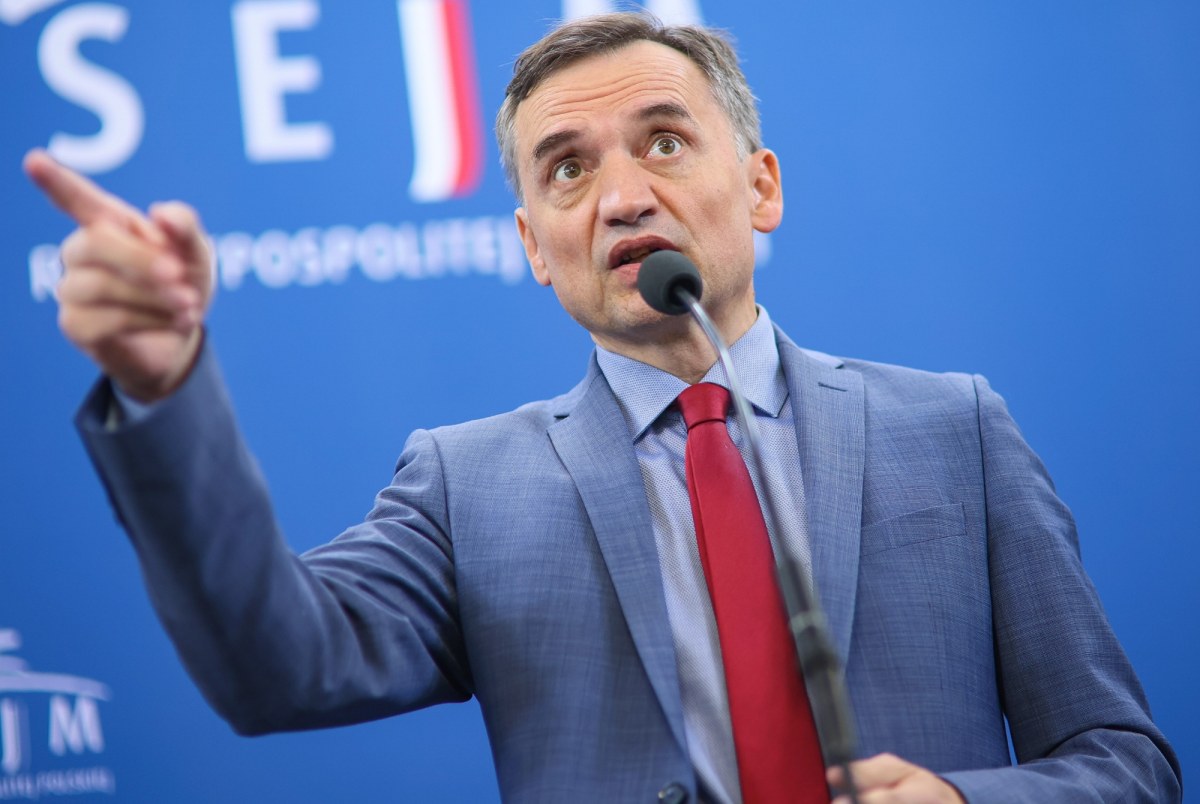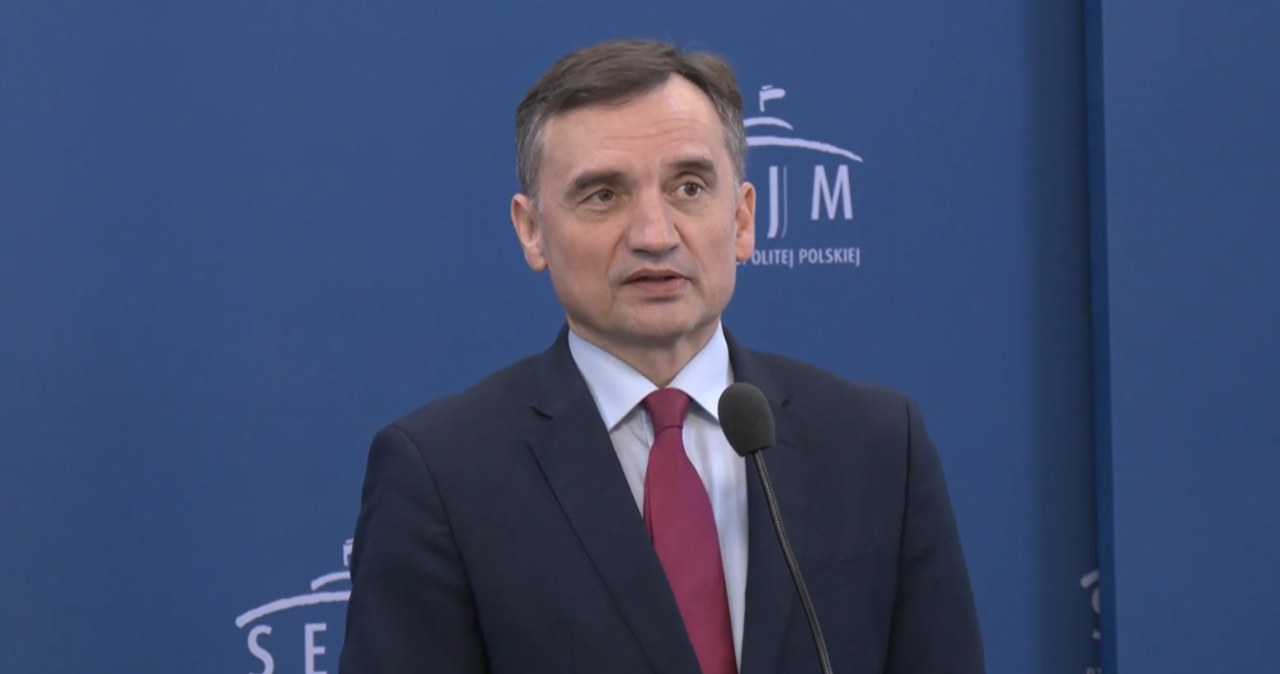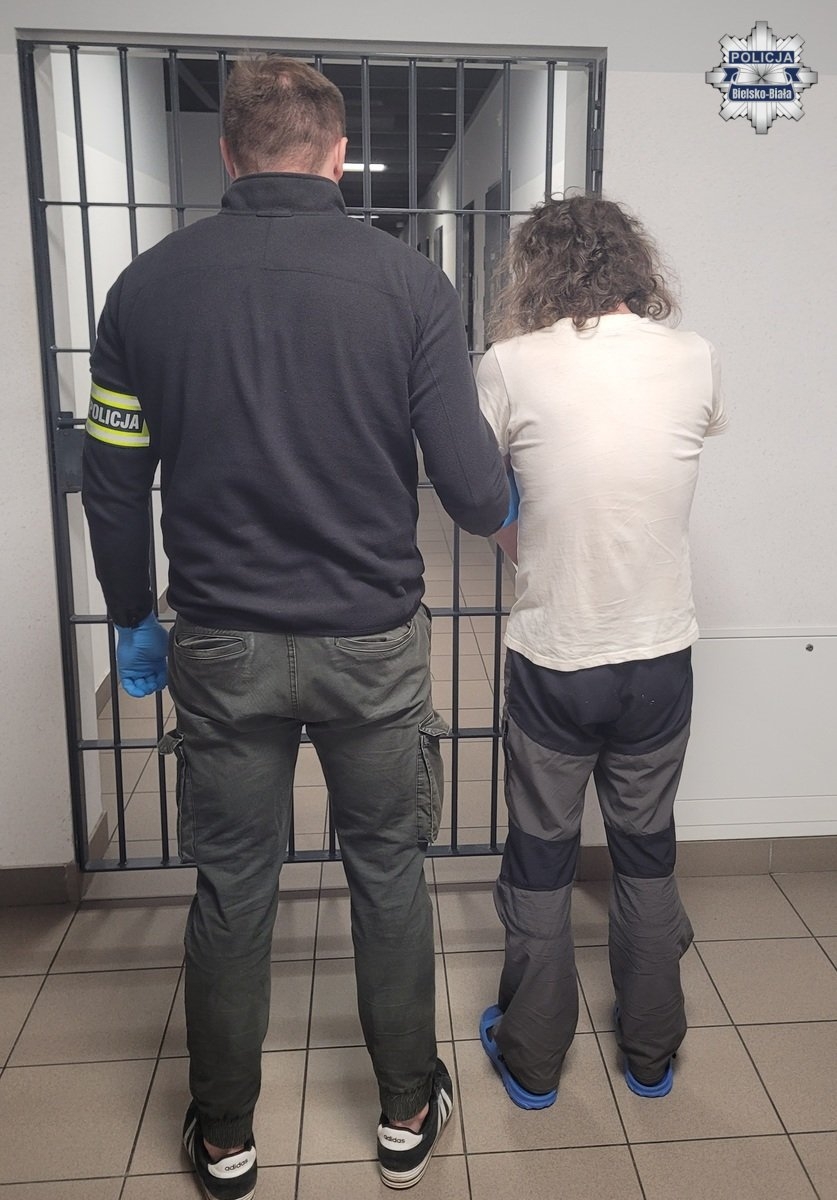On Wednesday, 10 May this year, I visited Berlin at the invitation of an alternate associate for Germany (German: alternate für Deutschland – AfD), Steffen Kotré to hold discussions on historical and contemporary topics, as a typical of “Polish Thought” and our environment.
The discussion took place in Falkensee close Berlin at tv Compact Jürgen's studio Elsässera (also paper publishers under the same title). Kanwa was the issue of the Compact magazine, which responds to the demands of the “reparative” government of the Law and Justice with the clearly provocative title “Polens versachwiegene schuld” ("The Hidden Wines of Poland"). Already a brief reading of this publication pointed to the reproduction by authors of all propaganda known in Poland from the beginning of the national Republic of Germany, Adenauer, nationalities, etc. Before the recording, I suggested to the organizers to focus on the present and the future that this is the right place for serious and fruitful cooperation. But they, like many people in our country, seemingly live in the past and will – at least in this case – to focus on the idle beating of foam than on the challenges of modern times, where we could possibly do much together. Of course, 1 discussion going on mainly around history, this absolutely does not regulation out exclusion, but I am afraid about the proportion of the content of the conversation in relation to 2/3 of history, 1/3 of present and future. But possibly it had to be. possibly the Germans needed it. possibly they expected them to push through any of their views? That's not what happened. My conclusions from the visit, including, of course, mostly from the recorded program, but besides from the bullet talks, are as follows:
– past talk doesn't mean anything. The Polish position – of course not irrational, specified as the attitude of the Law and Justice of fresh years (and there are people who remember the close cooperation of the Centre's agreement with the German CDU of the 1990s), but truly rational, reliable and unconcerned – is unambiguous and with the German position presented unacceptable. So any effort to agree past should be abandoned as sterile and destructive. You can best measure whether, in the face of the dangers of modern times, discussions about "illegal possession of weapons by Polish message defenders in Gdańsk in 1939" or the illegality of Silesian uprisings and Wielkopolska uprising" make any sense. In my opinion, it is adequate to agree on the protocol of divergence and to address the present.
– In a conversation about history, I was cast down by well-known arguments, trying to represent the Germans as victims, and Poland as evil. In reply, I rejected mentoring speech and calmly – point by point – presented the Polish position. I besides rejected paternalist speech specified as “you Germans must”, “you Germans should” etc. It is adequate to present the Polish position, and the conclusion on the harmfulness of concentrating on historical discussions will be imposed on itself. The elimination of paternalism should besides mean that ideas of interference in spiritual issues in Germany, discrediting the Lutheran tradition, or trying any form of ‘return’ should be rejected. It's not our function and not our job.
“Cooperation with – as they say about themselves – German patriots should only be established in modern times with a view to jointly opposing the dangers of the planet here and now. This must be a pragmatic approach, and past is not needed, and even hinders it. In another words, we do not surrender in anything, from nothing, from our historical position, we do not withdraw. It is precisely with the awareness that past will disagree between us that we want to find a platform for cooperation against what threatens the peoples of Europe, Europe itself, German and Polish patriots, etc.
– The discussion on modernity revealed a far-reaching community of analysis of the situation and conclusions. This is the way to go.
– Compact Publishing which repeated all thesis of popular propaganda etc. was a consequence to the reparation urges of the PiS. This situation further demonstrates the harmfulness of this step by the Law and Justice Government. It is not calculated to get "reparations" or any redress, but to argue us – utilizing past for this intent – with our neighbours, in this case to bring about a situation where German forces that are skeptical of the cultural revolution (LGBT, transgenderism), environmentalism, multiculti and the European superstate, and are at least distanced from the thought of US hegemony – provoked – focus again on the past that divides and which, as I said, cannot be agreed.
PiS plays with reparations like Smolensk – not to catch a bunny, but to pursuit him. Conflicting Poland with neighbours utilizing past leads to effects in modern times. Poland is to be as suspended in the American doorknob, as a front state, as a base for provocation and implementation of aggressive US policy. In this way, it is besides meant to check and block all opposing and skeptical forces against the US's hegemony over Europe, as well as to block and sabotage initiatives aimed at achieving subjectivity not only by Europe but even by the countries of our region. In another words, the thought of the written Intermarium is simply a false thought from beginning to end. It is designed to fight Russia, be and operate under a strict umbrella of US control, not to be a field of cooperation between national states wishing to build affirmative value in our region without establishing a priori enemies, without excluding uncomfortable, etc.
Before the recording, I could barely contact Berlin, in which it had not been for over 30 years. A very good colleague, who was my guide, translator and good spirit in Berlin, and is an assistant to the MP, has given me a tour of the Bundestag. What a immense difference with the Hungarian Parliament we were in with col. The Friday of March! In Budapest, the guests of parliament meet the overwhelming power of history, a large tradition. At the outset, St. Stefan's crown placed in the central place sets visitors in the right perspective. The Hungarian Parliament is simply a fantastic image of a large nation, which is history, tradition, present and future, which knows what its responsibilities are towards the banner of generations.
And with this combination with Budapest, it is apparent that there is an incredible contrast in the contact with the Bundestag – ideological void, concrete, glass, white, empty walls, without commemorations, without paintings, sculptures, plates, without references to the past, in which many things can be found that do not associate solely with the bad side of Germany. Empty walls best express an thought void. The association I had was clear – it might as well be the parliament of any African country, called for the first time in past after the colonial period, without tradition, without thought, an thought that combines, beyond, purely technocratic, bureaucracy. My German interlocutors (German patriots), interestingly enough, raised akin reflections. Fortunately, fragments of the walls of 1945 were preserved with signatures of russian soldiers and cabinets of Members of Reichstag and Bundestag excluding the period 1933-1949. But it's just a drop in an overwhelming neo-modern cold gmasis without heart and soul.
Adam Laughter
Think Poland, No. 21-22 (21-28.2023)













![Tragedia na Binkowie. Mężczyzna przysypany podczas prac budowlanych [FOTO]](https://static.ddbelchatow.pl/belchatow/articles/image/37037c7c-7dd1-4549-8dd4-7149459bf8f3)
![Tragedia w Bełchatowie. Mężczyzna przysypany podczas prac budowlanych [FOTO]](https://storage.googleapis.com/patrykslezak-pbem/belchatow/articles/image/ba946bea-1c0b-4660-9084-b11953025cf2)